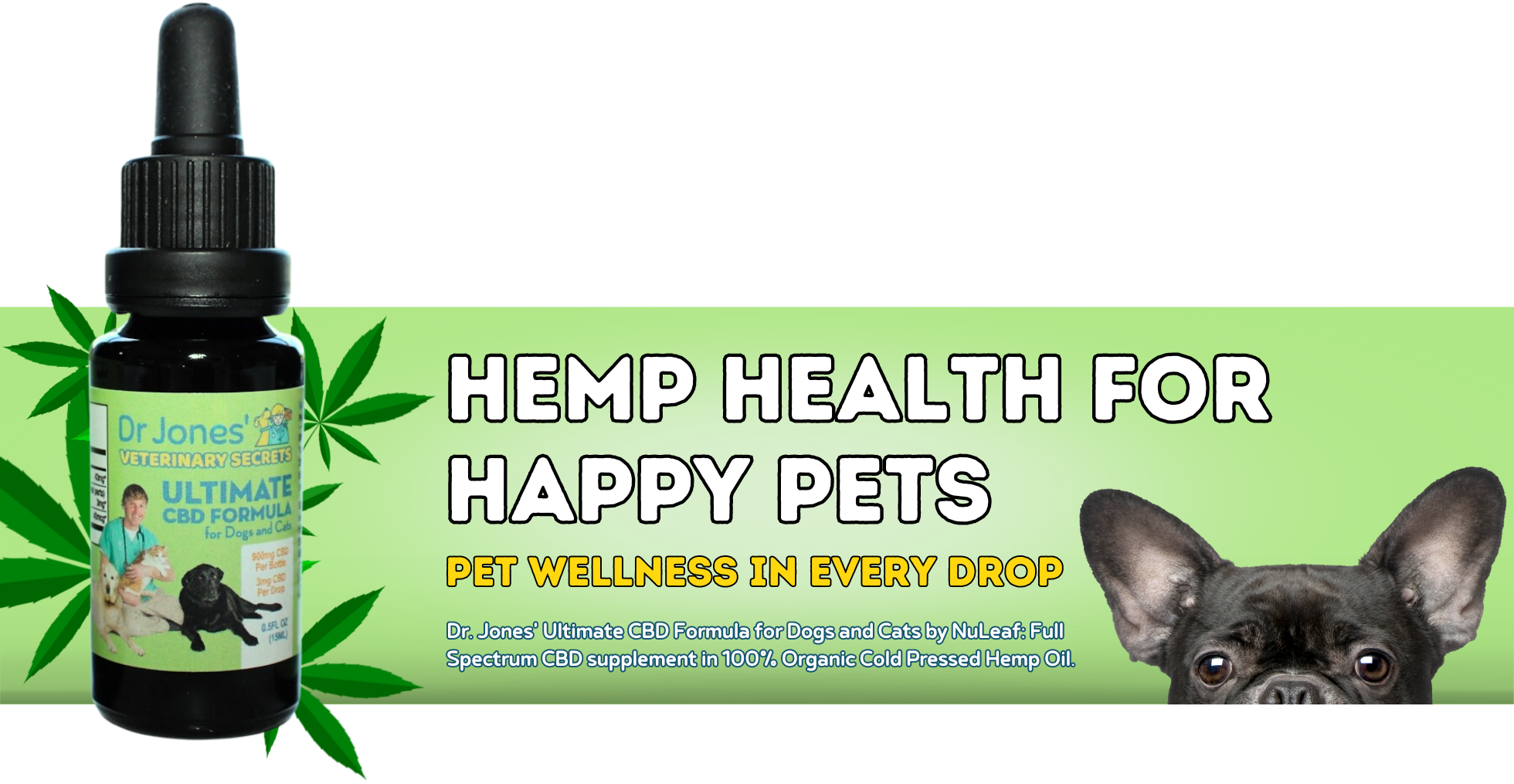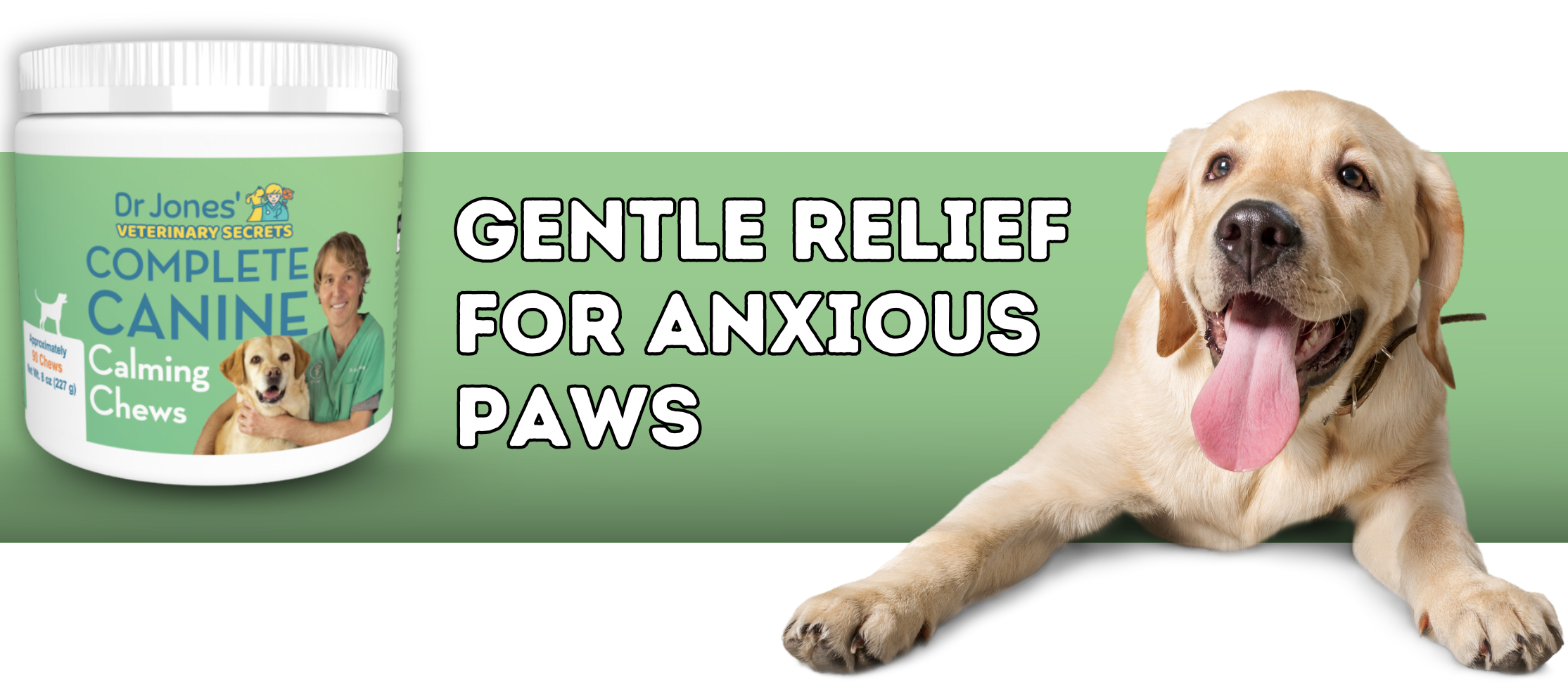Top 7 Natural Sedatives for Dogs to Keep Them Calm at Home
Natural Sedatives for Pet Health
I’ve been eager to scale Tula’s teeth, but she just won’t let me. I believe some type of sedative would really help. If you’re looking to learn more about natural pet health and wellness, you’ve come to the right place. I’m here to share seven alternative sedatives that are safe and effective for dogs and cats.
Valerian Root Extract: A Quick-Acting Herb
First up is Valerian root extract, a well-documented natural sedative and antispasmodic. I find it pretty quick-acting, with results in as short as 20 minutes. For dogs and cats, a standard dose is a quarter of a milliliter of tincture per 10 pounds of body weight, two to three times a day. I give this to Tula 30 minutes before trying to clean her teeth or trim her nails.
Melatonin: The Sleep Hormone
Next is melatonin, the hormone produced by the brain that helps decrease brain wave activity and prepare for sleep. It also works as a sedative and is a potent antioxidant. A typical dose for dogs and cats is 1 milligram per 10 pounds of body weight, up to a maximum of 6 milligrams, given twice daily. Tula has already had a bit of melatonin, and we’ll see how she responds as the video progresses.
CBD: A Non-Psychoactive Ingredient from Cannabis
CBD, or cannabidiol, is a wonderful anti-inflammatory ingredient found in the cannabis plant. It has sedating qualities and can reduce anxiety in dogs and cats. It’s safe to use in combination with other supplements like melatonin and valerian. A standard dose for sedation is 6 milligrams per 10 pounds of body weight, twice daily. I’m giving Tula double her standard dose to treat her anxiety.

L-Theanine: An Amino Acid from Green Tea
L-Theanine, an amino acid found in green tea, has been extensively studied for its sedating and anti-anxiety qualities. It’s very safe and can have great positive long-term benefits, especially for anxiety disorders. A standard dose is 100 milligrams per 10 pounds of body weight, twice daily. Tula has also had some L-Theanine this morning.
Chamomile: A Mild Sedative Tea
Chamomile tea is well-known for its mild sedating and anti-anxiety qualities. It doesn’t have a dramatic instant effect, but it can moderately calm your dog or cat. For Tula, I’ve given her a small amount of chamomile earlier. You can give it to your pet by adding an eighth of a teaspoon per 10 pounds of body weight to their food, twice daily, or by brewing a concentrated cup of chamomile tea.
Gravol: For Travel and Motion Sickness
Gravol, or dimenhydrinate, is often recommended for dogs or cats with nausea or mild motion sickness. It also has moderate sedating properties and can be helpful for travel. The standard dose is 12.5 milligrams per 10 pounds of body weight, every 8 to 12 hours.
Benadryl: An Antihistamine with Sedative Effects
Benadryl, an antihistamine, is primarily used for reducing allergic responses, but it also has mild sedative effects. A standard dose is 1 milligram per pound of body weight, up to three times a day. For Tula, she would get half a 50-milligram capsule, twice daily.
Dr. Jones’ Complete Canine Calming Chews
I’ve also introduced a new supplement, Dr. Jones’ Complete Canine Calming Chews, which includes ingredients like L-Theanine, chamomile, passionflower, valerian, and melatonin. Tula had two of these chews about an hour ago. Combined with CBD, I’m hoping to have a dog who’s sedated enough to clean her teeth. She’s marginally better and letting me take some of the plaque and tartar off.

In conclusion, if you have a need for sedating your dog at home, consider some of these alternative ingredients. Thank you so much for watching this edition of Veterinary Secrets.